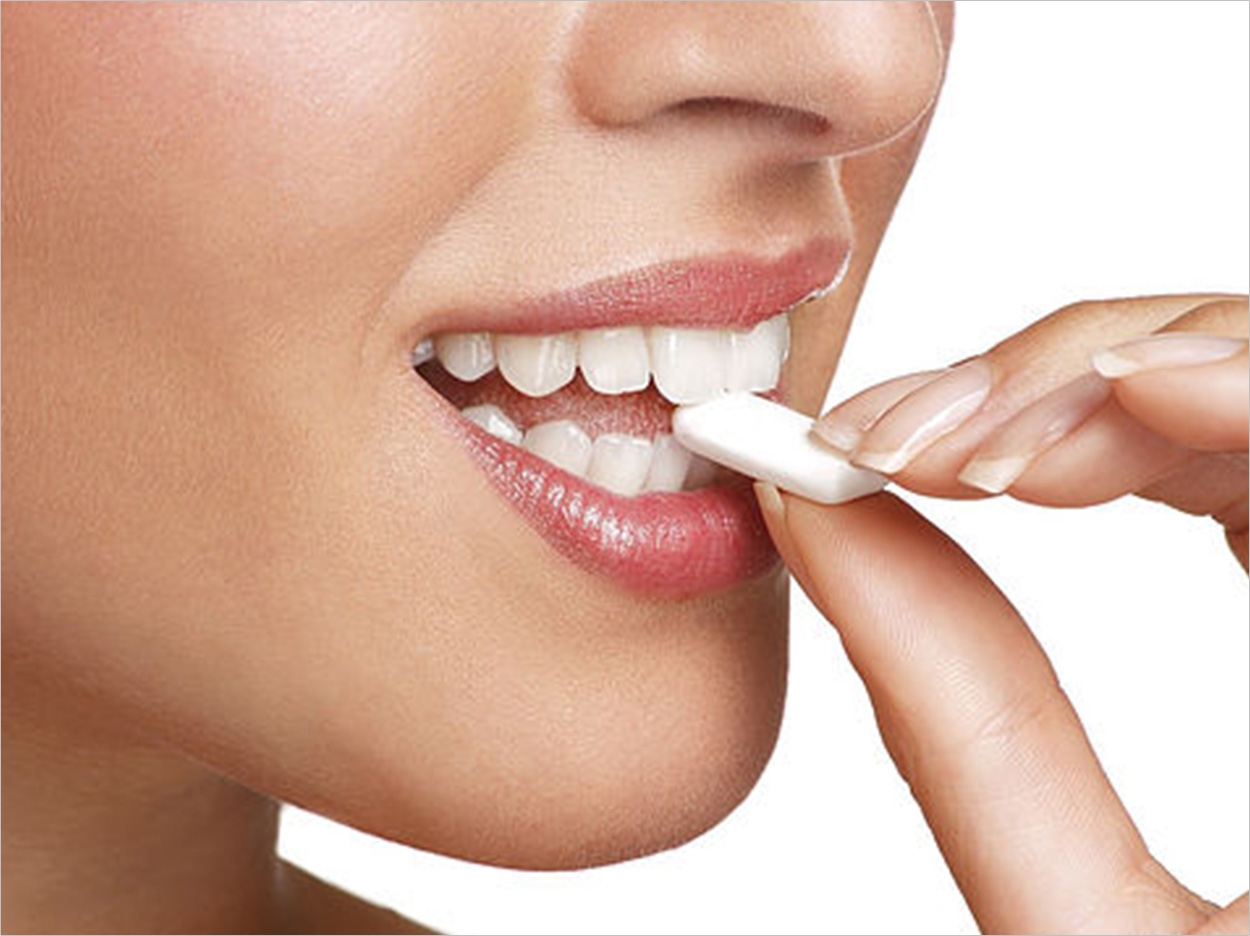
Your mother may have been right when she encouraged you to chew your food thoroughly when you were young. Researchers from the National Institutes of Health and the University of Manchester have found that chewing stimulates the Th17 immune cell, which protects the body against bacterial and fungal infections commonly found in the mouth. However, this protection may come at a cost, as too many Th17 cells could lead to inflammation.
“The immune system performs a remarkable balancing act at barrier sites such as the skin, mouth, and gut by fighting off harmful pathogens while tolerating the presence or normal, friendly bacteria,” said lead researcher Joanne Konkel, PhD, of the University of Manchester. “Our research shows that, unlike at other barriers, the mouth has a different way of stimulating Th17 cells: not by bacteria but by mastication. Therefore, mastication can induce a protective immune response in our gums.”
The researchers stimulated increases in Th17 cells in mice by changing the hardness of their food, proving that mastication was the critical factor in those increases. The damage caused by the abrasion of chewing induced factors in the gums that could activate the same pathways as friendly bacteria and act upon Th17 cells. Too many Th17 cells can contribute to periodontitis, though, which has been linked to bone loss, diabetes, rheumatoid arthritis, cardiovascular disease, and preterm birth.
“Importantly, because inflammation in the mouth is linked to development of diseases all around the body, understanding the tissue-specific factors that regulate immunity at the oral barrier could eventually lead to new ways to treat multiple inflammatory conditions,” said Konkel.
The study, “On-going Mechanical Damage from Mastication Drives Homeostatic Th17 Cell Responses at the Oral Barrier,” was published by Immunity.
Related Articles
A Low-Carb Diet Stops Periodontal Inflammation
Protein Inhibitor Reduces Chronic Periodontitis
Cytokines May Tie Obesity to Periodontal Disease












